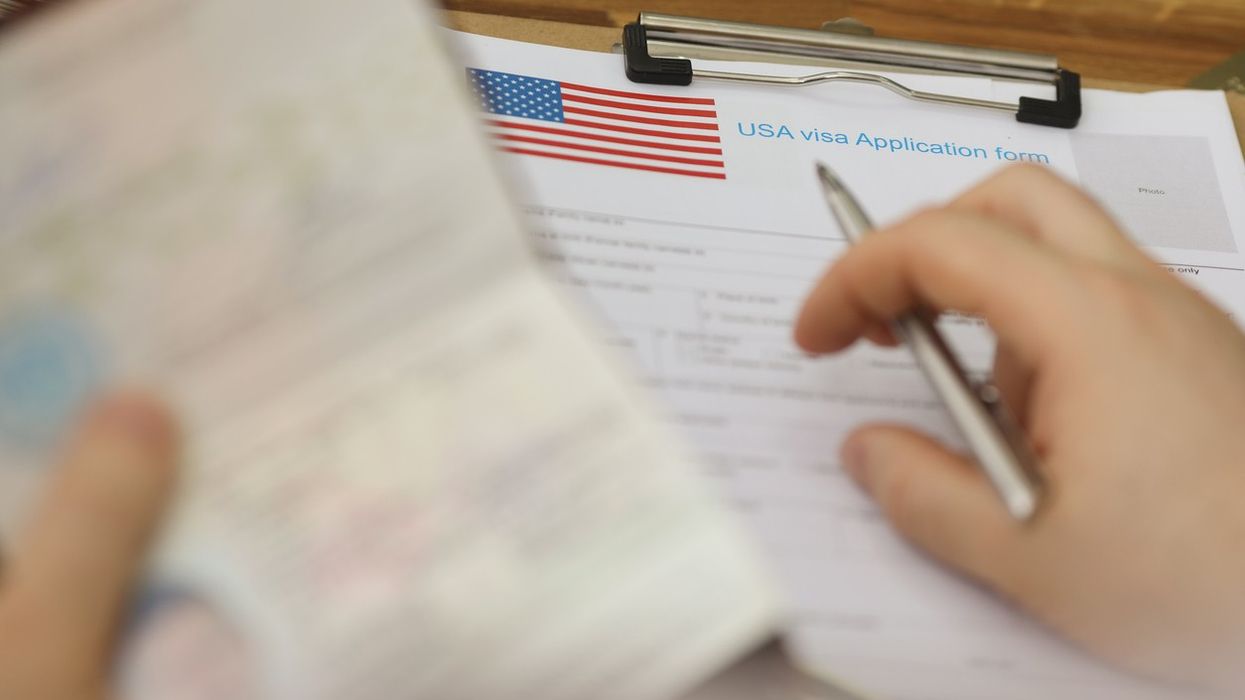THURSDAY (22) was a special day in the history of the UK as it was on this date 75 years ago that the first batch of post-Second World War migrants from the Caribbean region had reached the country on board HMT Empire Windrush.
As events were being held across the nation to commemorate the event that marked a special episode in the social, cultural and other history of the UK, a question was put by the BBC before the Windrush generation intending to know how they saw the day today.
By the Windrush generation one means the ship's nearly 500 passengers and others who arrived to the UK from the Caribbean nations between 1948 and 1971.
Joan Harry, who came to the UK from the Caribbean in 1960 as a teen, told the BBC that coming from different islands, the Windrush generation did a lot in the UK. "I say we have put the 'Great' in Britain," she was quoted as saying by the news outlet.
For Harry, now in her 80s, the Windrush anniversary is an opportunity to remind people of the accomplishments of her generation and for the UK.
"It means a lot - because it's about memory, and it reminds you of how Windrush came about," the woman, who reunited with her boyfriend in the UK and married him in the country, was quoted as saying by the BBC.
"We have worked hard to put this legacy forward - that is a mark that our children can look back and say, 'our forebears did that'."
June Grandison, another member of the Windrush generation who set her foot in the UK in 1962, said many had harboured little hope about their stay in the UK expecting that it would only be a brief affair.
She told the BBC that after arriving in the UK, she had thought that it would be a tenure of five years and had also decided that she would work as a nurse after returning home. But six decades later, she is still in the UK.
There was no end to nostalgia either. Joycelyn Styles, who reached the UK from the Caribbean in 1962 as a 12 year old, still remembers how adapting to the climate in the UK was a big challenge.
'It was cold and miserable then and it's cold and miserable now'
"It was cold and miserable then and it's cold and miserable now," she told the news outlet with a laugh.
But not everything was smooth for the Windrush generation although they survived the challenges.
Grandison recalled one of the earliest experiences of discrimination that she had faced in the UK which she still remembers.
"Before I did nursing, I applied for a job in the West End - not knowing anything about racism, because of course we came from the mother country," she told the BBC, adding, "My [maiden] name was 'Brookes'. I applied for the job, I went for the interview, and the lady put me in a room and she never came back to me. I sat there for about six hours, and then the shop was closing, and I left.
"Because my name was 'Brookes', they thought when I applied that I was an English person."
Inequality is something that the Windrush generation has closely learnt, not just in the early years but also in more recent times.
The Windrush scandal impacted thousands of people from former British colonies who moved to the UK before the immigration rules underwent a change in the early 1970s.
The challenges that Windrush generation faced
While they got the permanent right to reside and work in the UK, there was no documentation to prove it, meaning they were denied employment and other benefits to which they were entitled, later. Many were also deported.
Johnny Samuels from Coventry is one such sufferer. He had arrived in the UK in 1964 when he was just eight. In 2008, he was rendered jobless by an injury and his woes became worse as he was told that he could not claim benefits.
Samuels was also threatened with deportation and was detained more than twice while he tried to return to the UK from foreign trips.
"To tell you the truth, I had a breakdown," he told the news publication. "The pain is still there - even though I've received my passport, after more than 55 years."
For the person, the Windrush anniversary gives more of a mixed feeling. "Because for one, it took so many years for some recognition of some sort -- it's not there yet -- of what the Windrush generation did, and are still doing to date," he told the BBC, adding, "And also of the negative things that we met, like [signs reading] 'No Irish, No Dogs, No Blacks'. That is still hurting today."
The Home office told BBC News in a statement that it has paid or offered the victims "more than £75m in compensation".
"We know there is more to do, and will work tirelessly to make sure such an injustice is never repeated," it added.















